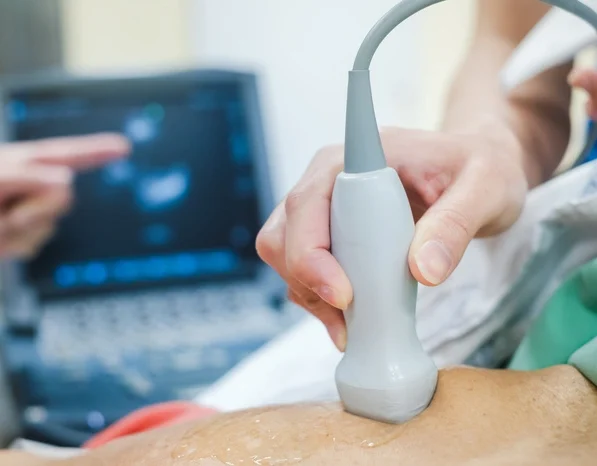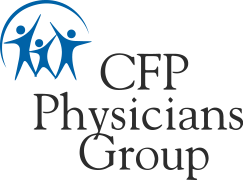Ultrasounds


Ultrasounds Specialist
Ultrasounds Q & A
What is an ultrasound?
When would I need an ultrasound?
X-rays show bone in detail, but soft tissue problems are difficult to view via this diagnostic. So, if you have a suspected issue but X-rays don’t yield an answer, your provider may use ultrasound for a more detailed picture of what’s going on inside of your soft tissues.
An ultrasound can help your medical care providers diagnose the reason for swelling, pain, infection, or other physical issues. Additionally, ultrasounds are a good way to evaluate blood flow, monitor a baby’s development in the womb, and monitor heart activity.
What is an echocardiogram?
- Shortness of breath
- Edema (swelling) in your lower extremities
- Rapid heartbeat
- Irregular heartbeat
- Chronic fatigue
- Abdominal swelling
- Poor appetite
- Nausea
- Coughing up foamy, pink, or red-tinged mucus

How does an ultrasound work?
For most ultrasounds, you’ll wear a hospital gown that allows your provider to easily access the area they’re assessing. The team applies ultrasound gel in the area they’re examining. The gel helps to efficiently conduct sound waves, which produces the clearest images.
Your medical care provider moves a handheld ultrasound probe around the treatment area to gather the images. It’s a comfortable and painless process. After gathering the images, your provider wipes off the ultrasound gel. You may discuss results at that appointment or during a follow-up.
Do I need to do anything to prepare for an ultrasound?
It depends on the type of ultrasound you’re having. Some ultrasounds don’t require any prep. For certain types of ultrasounds, your medical care providers may tell you to fast for eight hours ahead of time, drink a certain amount of water, or other specific prep procedures. A member of the CFP Physicians Group team can give you instructions ahead of time.

